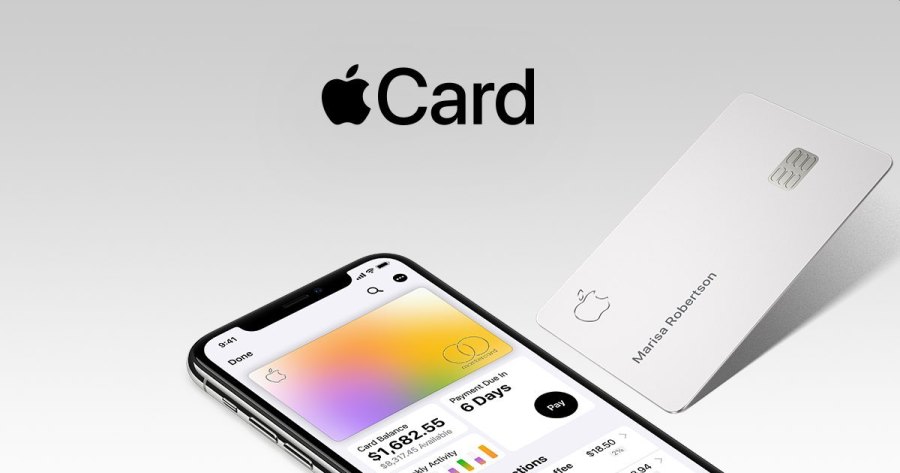Apple to end its credit card partnership with Goldman Sachs, just four years after launch

In a surprise move, Apple said it is ending its credit card partnership with Goldman Sachs, dealing a significant blow to the Wall Street bank’s foray into consumer lending, the Wall Street Journal reported on Tuesday.
According to the report, the iPhone maker submitted a proposal to the Wall Street bank, expressing its intention to terminate the contract within the next 12 to 15 months, the WSJ reported, citing people familiar with the matter.
As we reported back in 2019, the launch of the AppleCard and the partnership with Goldman Sachs was first disclosed by Apple CEO Tim Cook during the company’s quarterly earnings report. Unlike traditional credit cards, AppleCard does not have annual fees, late fees, over-limit fees, or cash-advance fees. It was also designed for enhanced security, lacking a credit card number, CVV security code, expiration date, or signature on the physical card itself.
When asked about the report, the iPhone maker said: “Apple and Goldman Sachs are focused on providing an incredible experience for our customers to help them lead healthier financial lives. The award-winning Apple Card has seen a great reception from consumers, and we will continue to innovate and deliver the best tools and services for them.”
Meanwhile, Goldman Sachs, grappling with significant losses in consumer lending, started talks to unload the partnership earlier this year. There’s talk about potential successors, with names like American Express and Synchrony Financial being thrown around, but there are still challenges and concerns in the mix.
The partnership, a key component of Goldman Sachs’ efforts to diversify beyond investment banking, has proven unprofitable for the bank. Apple’s decision to terminate the collaboration not only impacts Goldman Sachs’ consumer lending ambitions but also presents a setback for Apple in expanding its financial services.
The Apple Card, while successful in attracting new customers, has been operationally expensive, preventing Goldman Sachs from turning it into a profitable venture. The termination adds to a series of challenges faced by Goldman Sachs in its consumer lending business, including struggles with the Marcus personal loans division, which has incurred losses.
Goldman Sachs is now reportedly considering the sale of its consumer lending businesses and exploring alternative avenues for diversification, including potential expansions into asset management and wealth management.
The termination of the Apple Card partnership underscores the difficulties traditional banks encounter in competing with technology companies in the financial services sector. Technology firms leverage advantages such as a substantial customer base, a strong brand, and extensive data.
This move by Apple serves as a wake-up call for traditional banks, emphasizing the need to adapt to the evolving landscape of the financial services sector if they are to survive. Notably, technology companies like Apple and Amazon are increasingly encroaching on traditional banks’ territory, offering financial services such as savings accounts and checking accounts.

